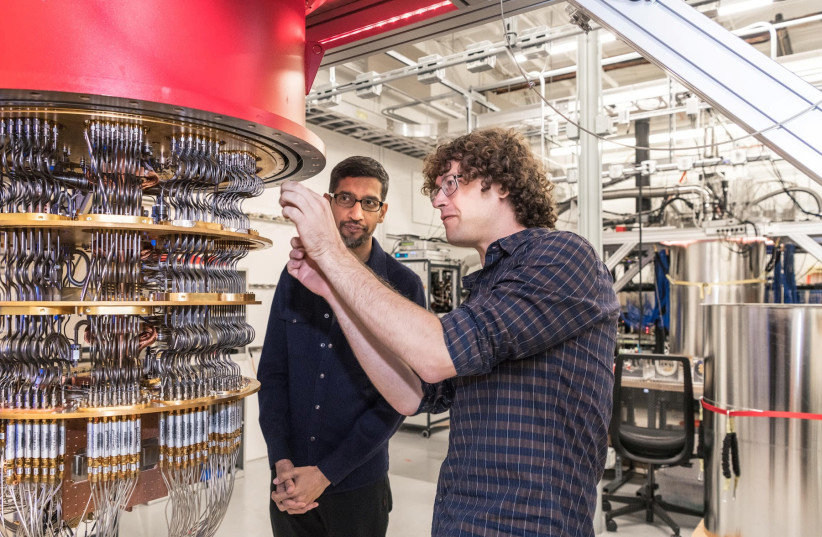We average people may never get a firm conceptual grip on “qubits” and other exotic terms of the quantum science jargon, but it all sounds so promising and futuristic, doesn’t it? With the world’s largest and most advanced companies and countries investing enormous resources to “win” the quantum computing race, we might wonder what’s in it for us.
How will this cutting-edge technology improve our lives? Will it enable us to reverse global warming? Travel back in time? Enjoy interplanetary exploration at warp speeds and beam down to sub-space locations?
For all of its mystery and allure, quantum computing (QC) isn’t a portal to science fiction; it can just do what traditional computing can spectacularly faster, literally millions of times faster. And that speed can revolutionize traditional technologies, both for better and for worse.
Some examples:
• Cyber security: There is bad news and good news here. The bad news: QC will render virtually all current methods of encryption obsolete. All of our private data will become vulnerable and exposed. The optimistic scenario is that quantum encryption will make possible new safe encryption methods for those who adapt fast enough.
• Artificial intelligence: QC will energize AI and machine learning capabilities. Although we should not expect to see androids walking among us any time soon, AI has broad applications in robotics, gaming, self-driving cars, social media monitoring and more.
• Medicine: QC will advance the medical field in areas such as drug development, proactive healthcare and development of gene-based personalized medications.
• Daily life: QC big data analysis capabilities will increase weather forecasting accuracy and help us track and prepare for climate change trends, will enable us to streamline traffic control in the air and on the ground (reduce traffic congestion, optimize fleet operations and deliveries), etc.
In short, quantum computing is not going to propel humanity into an exciting brave new world, but like all new technologies is likely to accelerate progress in a broad range of fields in surprising ways we may not be able to foresee.
But will you have a quantum computer in your home any time soon? Don’t count on it.


